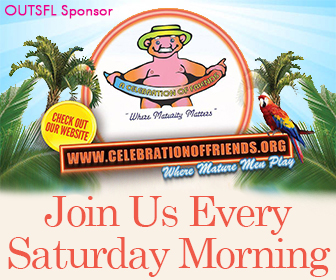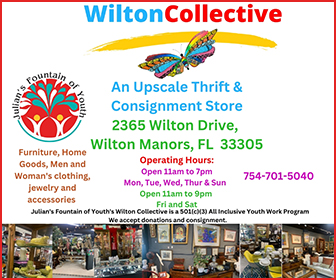
New Play Explores Familiar Family Dynamics
The premise of Erin K. Considine’s world premiere play will be familiar to many gay men of a certain generation: A gay son returns to his childhood home and must wrestle with the death of an abusive f...
Latest

The Tin Man and Me | Opinion
“Oil.” The Tin Man asked for what he needed to keep moving. He had been stuck in place for a long time, but with the help of strangers, he danced again on the Yellow Brick Road.
...

Pets | Cooper: A Friendly and Playful Fellow
Handsome Cooper (ID 678823) doesn’t understand why he is at the Humane Society of Broward County.
...
Follow Us

Mich. Democrats Spar Over LGBTQ-inclusive Hate Crimes Law
Michigan could soon become the latest state to pass an LGBTQ-inclusive hate crime law, but the state’s Democratic lawmakers disagree on just what kind of law they should pass.
...

Senate Committee: Republican Attorneys General Abused Power Demanding Trans Medical Records
In a 10-page report released on April 16 by staff for the Democratic majority of the U.S. Senate Finance Committee, the Republican attorneys general of Tennessee, Missouri, Indiana, and Texas are accu...
































